 As Australia continues to grapple with its online piracy problem, a new report commissioned by the office of Communications Minister Malcolm Turnbull has revealed both the scale of the problem and an interesting twist.
As Australia continues to grapple with its online piracy problem, a new report commissioned by the office of Communications Minister Malcolm Turnbull has revealed both the scale of the problem and an interesting twist.
Carried out in conjunction with the UK government and executed by TNS Global, the survey of 2630 people found that 26% of the population aged 12 years and up – 5.2 million people – had consumed illegal content online during the first three months of 2015.
That doesn’t mean that one in four Aussies never put their money in their pockets though. The survey found that just 7% of the population are hardcore pirates who never pay for anything and only consume illegal content. Other pirates buy legitimate content to some extent.
When drilling down further, however, the figures appear to worsen. Of all Internet users over 12 who also consumed media content in the first quarter of 2015, 43% said they had done so illegally. Movies proved the most popular among pirates, with 48% saying they had obtained them online without permission. Music came in second place with 37%, while TV shows (33%) and video games (22%) took up the third and fourth slots.
In terms of piracy volumes, the survey found that music was the most-download content with an estimated 254 million tracks obtained in the first quarter of 2015. Around 95 million movies, 82 million TV shows and 9 million video games add to the total.
On average, Aussie pirates downloaded or streamed around 16 items of content each in the first three months of the year, with music proving the most popular by file volume followed by TV, movies and video games.
When looking at overall consumption of digital content, around 66% of movies were obtained illegally versus 36% of TV shows. Music tracks and video games were neck-and-neck with 30% and 29% respectively.
When it comes to methods for obtaining unauthorized content the survey results present a slightly confused picture.
“Infringers were far more likely than non-infringers to use peer-to-peer methods,
in the form of BitTorrent software (26%), uTorrent (28%) and Pirate Bay (19%),
whereas 5% or less of non-infringers said they had used these services,” the survey notes.
Of course, uTorrent is BitTorrent software and the Pirate Bay requires the use of BitTorrent software in order to function. But in any event, it appears that BitTorrent methods are more popular with those who obtain content illegally than those who do not.
But perhaps the biggest question is what motivates these individuals to pirate.
Among all pirates, 55% said they consume content illegally because it’s free and a sizable 51% cited ease of access and convenience as a primary motivator. Speed was a factor among 45% of respondents, with 21% noting that they did not wish to wait for content to become available locally.
Interestingly, among pirates who said they never buy any content, 27% said they download illegally in order to “try before they buy”. Among those who consume legal and illegal content, that figure jumps to 38%.
So what might cause pirates to change their ways?
Perhaps unsurprisingly almost four out of ten infringers said cheaper prices on legal services would help. However, the next most popular responses were all about availability. If all content was made available legally that would help 38% of infringers to change their ways while 36% said that timely availability of content when compared to the rest of the world would be a good motivator.
Yet another sign that better legal services are the key to reducing infringement came with pirates’ assessment of various measures the government and rightsholders have lined up to tackle infringement.
Nearly a quarter of infringers said that the thought of being sued might help them change their ways while just 17% felt that a letter from their ISP could deter them from further piracy. Although not currently on the agenda, 21% said that Internet suspensions might prove effective.
Interestingly, when asked if anything at all could stop them pirating, just 5% of all infringers said nothing could, rising to 10% among hardcore “buy nothing” pirates.
Finally, the survey provides yet another timely reminder that branding all pirates as enemies of the entertainment industries is a very bad idea. When looking at four content types – movies, TV shows, music and video games – the survey found that those who consumed a mix of legal and illegal content SPENT MORE on legal content than those who only consume content illegally.
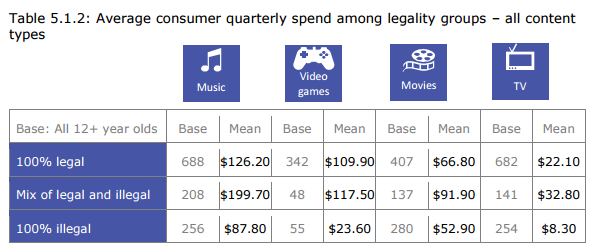
The full survey can be downloaded here (pdf)
Source: TorrentFreak, for the latest info on copyright, file-sharing, torrent sites and the best VPN services.

 In an effort to make piracy less visible, copyright holders send dozens of millions of takedown notices to Google every month.
In an effort to make piracy less visible, copyright holders send dozens of millions of takedown notices to Google every month.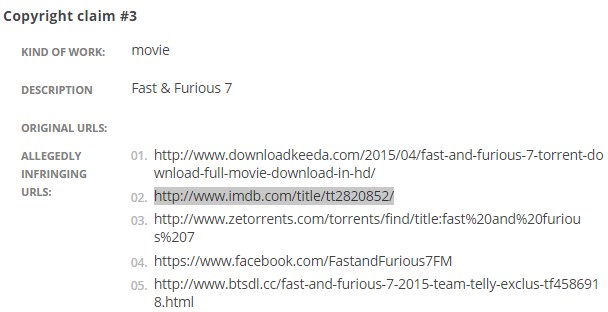
 As Australia continues to grapple with its online piracy problem, a new report commissioned by the office of Communications Minister Malcolm Turnbull has revealed both the scale of the problem and an interesting twist.
As Australia continues to grapple with its online piracy problem, a new report commissioned by the office of Communications Minister Malcolm Turnbull has revealed both the scale of the problem and an interesting twist.
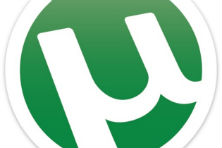 With millions of new downloads per month uTorrent is without doubt the most used BitTorrent client around.
With millions of new downloads per month uTorrent is without doubt the most used BitTorrent client around.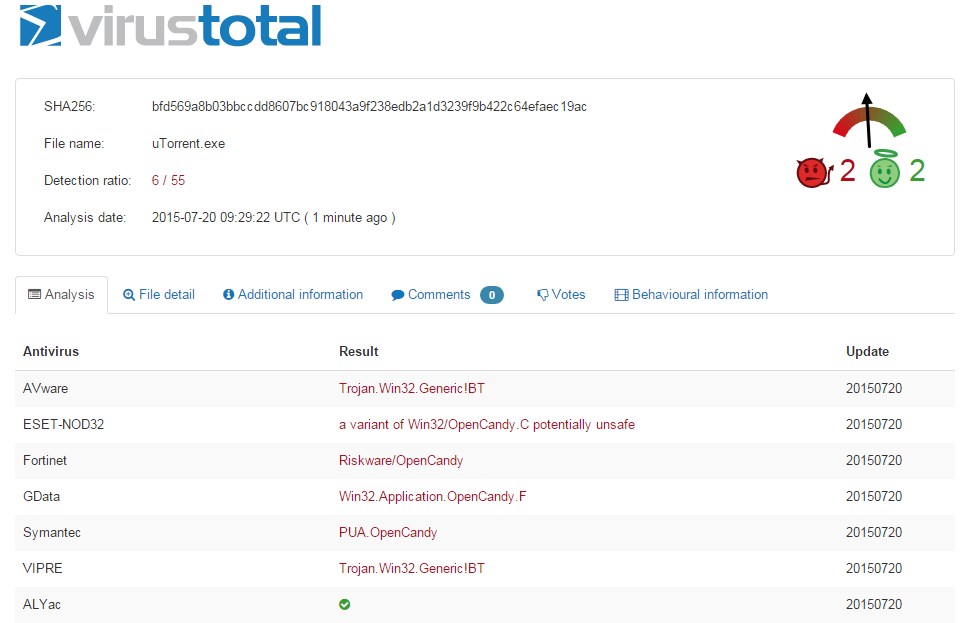
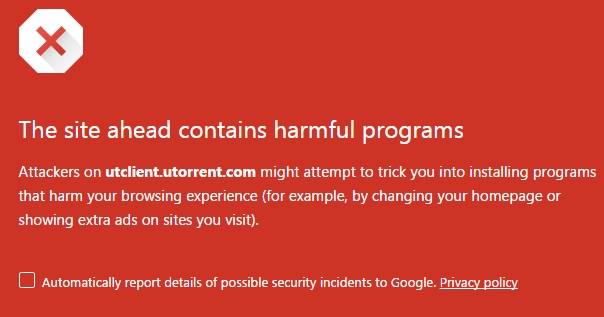
 Josh Greenberg, the co-founder of the recently shuttered Grooveshark music streaming service, has been found dead in his Florida home.
Josh Greenberg, the co-founder of the recently shuttered Grooveshark music streaming service, has been found dead in his Florida home. While site-blocking currently grabs most of the headlines as a key anti-piracy strategy of the entertainment industries, the so-called “graduated response” is still considered a valuable tool for reducing infringing activity online.
While site-blocking currently grabs most of the headlines as a key anti-piracy strategy of the entertainment industries, the so-called “graduated response” is still considered a valuable tool for reducing infringing activity online.